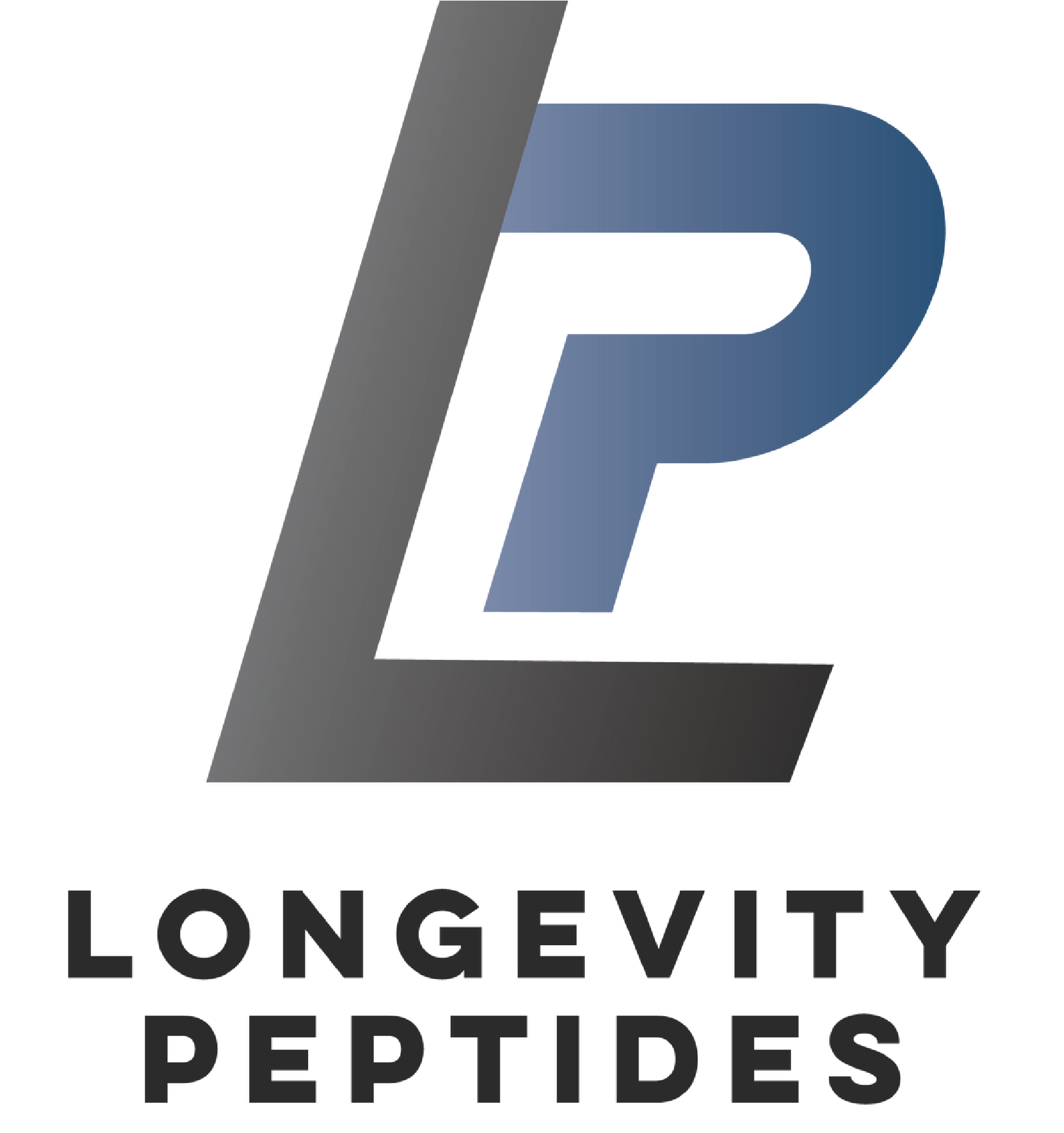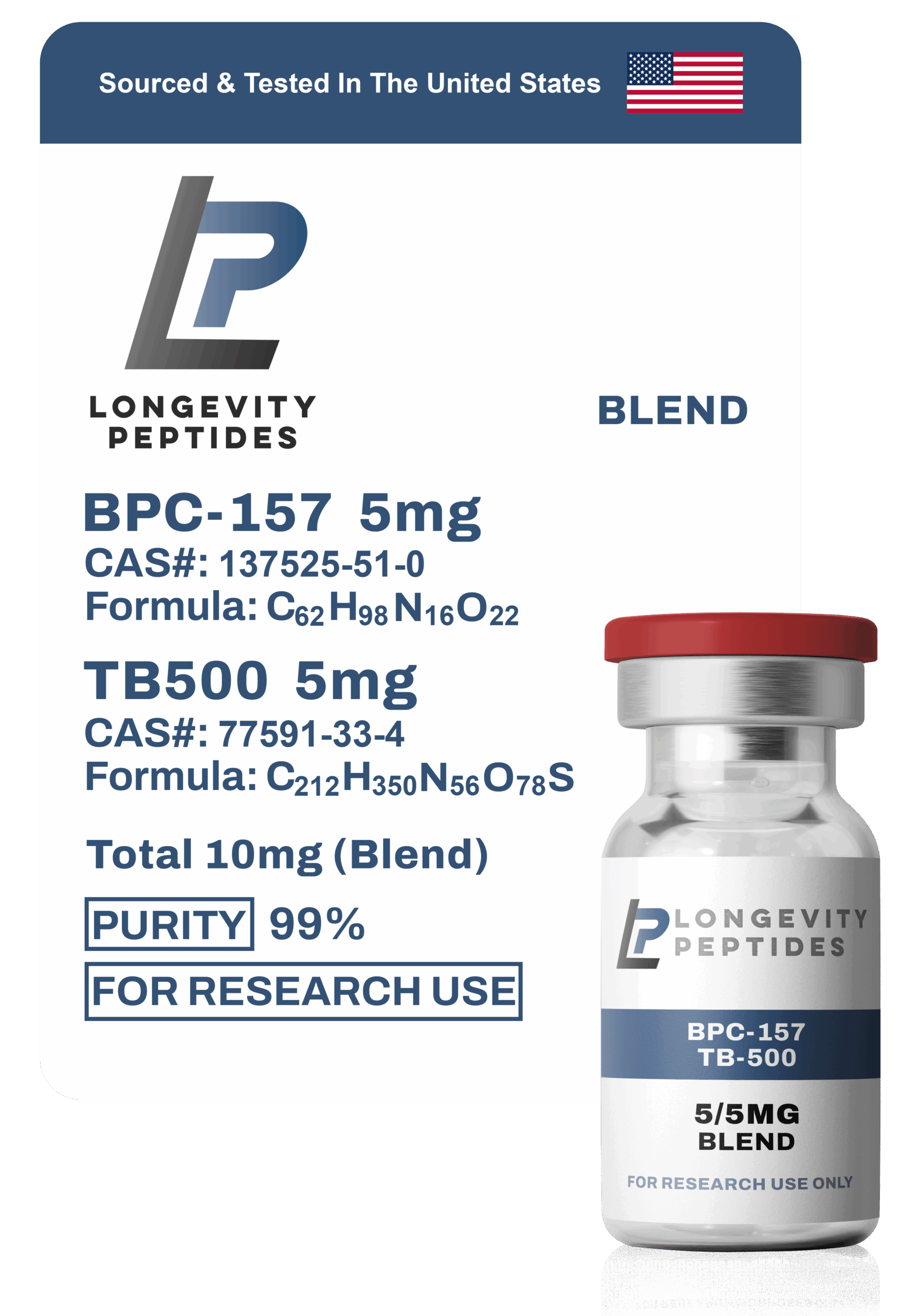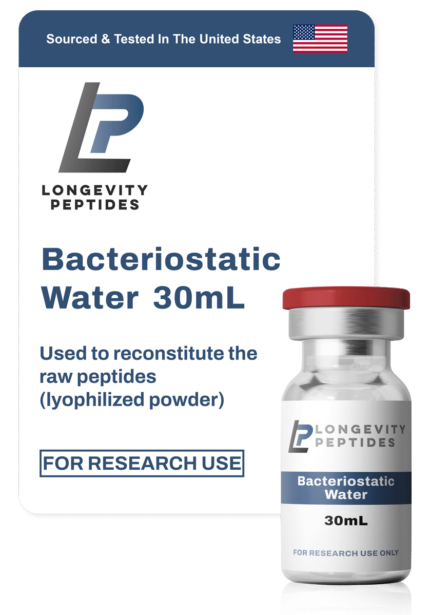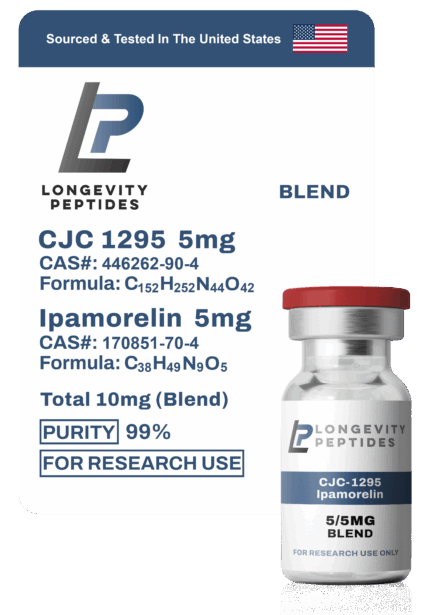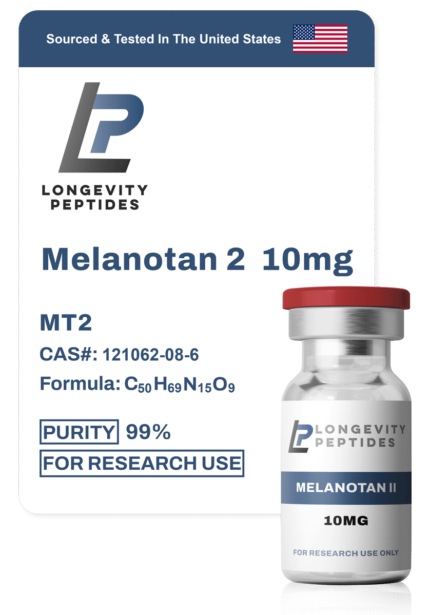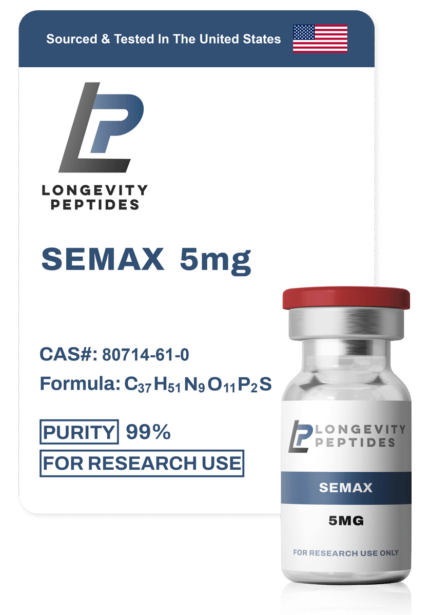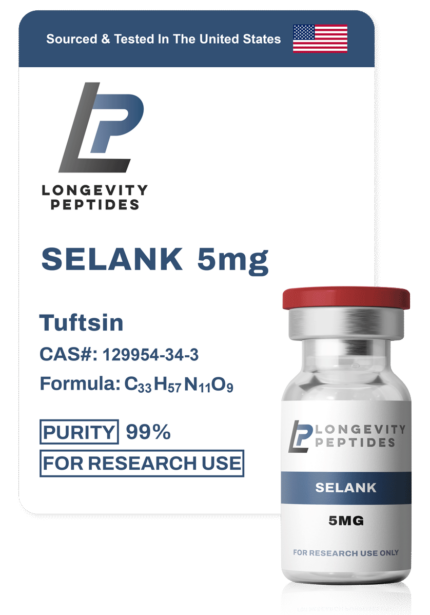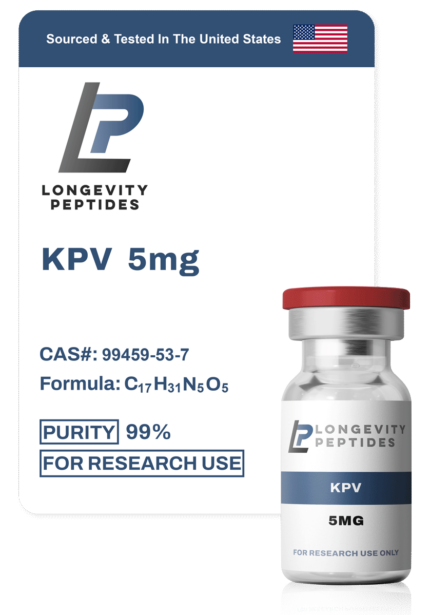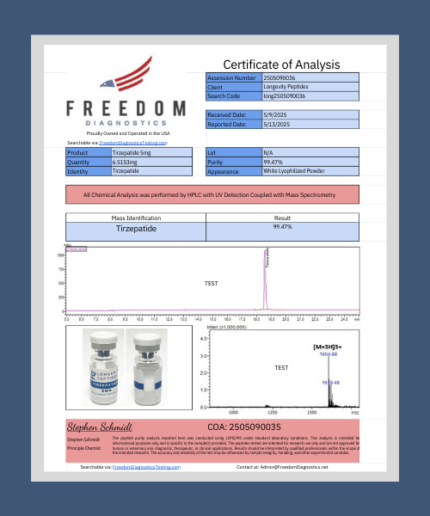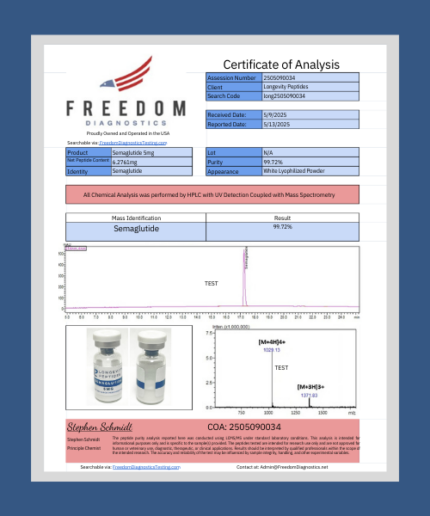BPC-157 and TB500 Blend Product Description
BPC-157 and TB500 Blend is a cutting-edge research peptide combining two powerful compounds, BPC-157 and Thymosin Beta-4 (TB500), designed exclusively for laboratory and in vitro studies. This synergistic blend harnesses the regenerative, anti-inflammatory, and tissue-repair properties of both peptides, making it an exceptional tool for researchers investigating advanced healing, recovery, and cellular regeneration.
Primary Research Applications
-
Tissue Repair and Regeneration: The blend accelerates healing of muscles, tendons, ligaments, and skin. BPC-157 enhances collagen production and fibroblast activity, while TB500 promotes cell migration and actin upregulation, making it ideal for studying recovery from sprains, tears, and overuse injuries in animal models.
-
Anti-Inflammatory Effects: Both peptides modulate cytokine activity and reduce systemic and localized inflammation, offering potential insights into conditions like arthritis, joint inflammation, and post-injury swelling.
-
Wound Healing: The combination boosts angiogenesis (new blood vessel formation) and collagen deposition, speeding up skin repair for cuts, burns, and surgical wounds with reduced scarring.
-
Gut Health: BPC-157’s protective effects on the digestive system, including repairing damage from ulcers, leaky gut, and inflammatory bowel disease, complement TB500’s tissue-nourishing properties for comprehensive studies on gut-brain interactions.
-
Neuroprotection and Cardiac Repair: The blend supports research into nerve damage recovery, brain injury, and stroke models (via BPC-157’s neurotransmitter modulation) and heart tissue regeneration post-myocardial infarction (via TB500’s cardiac repair potential).
-
Additional Areas: Emerging studies explore the blend’s effects on hair follicle activation, bone healing, metabolic health (e.g., blood sugar regulation), and protection against alcohol or NSAID-induced damage.
How It Works
-
BPC-157: Stimulates vascular endothelial growth factor (VEGF) for angiogenesis, upregulates growth factors like fibroblast growth factor (FGF), and protects cells from stress and apoptosis, promoting tissue regeneration and gut-brain axis benefits.
-
TB500: Binds to G-actin to enhance cell mobility, supports angiogenesis for improved nutrient delivery, and reduces scar tissue formation for flexible tissue recovery.
-
Synergistic Action: Together, these peptides amplify tissue repair, reduce inflammation, and enhance blood flow, creating a robust platform for studying complex regenerative processes.
Administration in Research
-
Subcutaneous Injection: Typically administered near the injury site (e.g., 200-500 µg/day for BPC-157, 2-7.5 mg/week for TB500, split into 2-3 doses) for localized effects.
-
Intramuscular Injection: Used for deeper tissue repair studies.
-
Oral (BPC-157): Capsules or sprays (250-500 µg/day) for systemic or gut-focused research, leveraging BPC-157’s stability in stomach acid.
-
Research Cycle: Typically 4-6 weeks, followed by a maintenance phase or break, depending on study design.
Why Choose Longevity Peptides for BPC-157 and TB500 Blend?
At Longevity Peptides, our BPC-157 and TB500 Blend is USA-made with 99% purity, rigorously tested for research-grade quality. Each batch is produced
| Milligram |
5.0mg ,10mg |
|---|
Related products
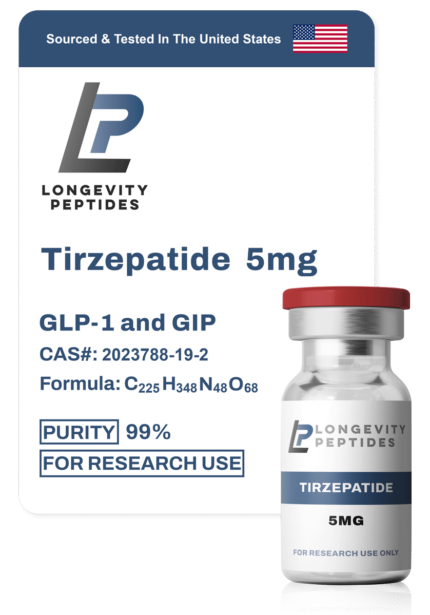
Tirzepatide 5mg/10mg/15mg
$105.00 – $250.00

